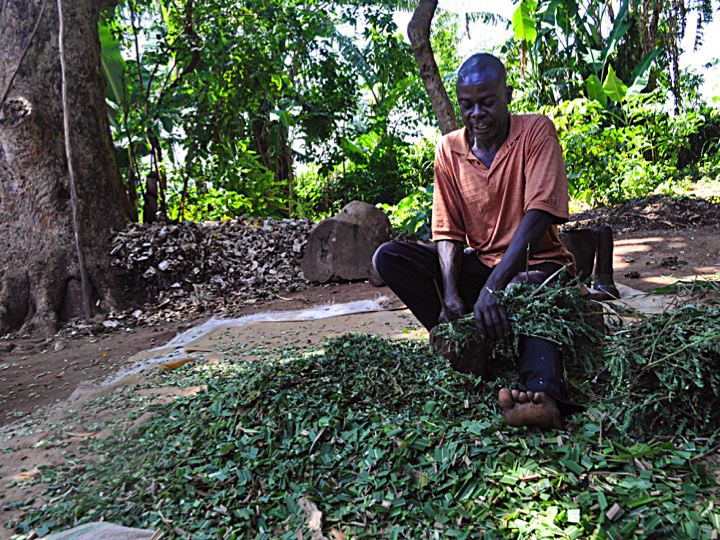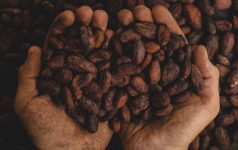Dalberg uses cookies and related technologies to improve the way the site functions. A cookie is a text file that is stored on your device. We use these text files for functionality such as to analyze our traffic or to personalize content. You can easily control how we use cookies on your device by adjusting the settings below, and you may also change those settings at any time by visiting our privacy policy page.
Employing a human-centered design methodology, Dalberg Design worked with the Rural and Agricultural Finance Learning Lab to analyze the impact of rural and agricultural finance in Ghana and Kenya from the perspective of smallholder farmers, and inform future approaches to measuring impact. Learn more about the Master Card Foundation Rural and Agricultural Finance Lab.
APPROACH
The Dalberg team undertook in-depth interviews with 28 farmers in Ghana and Kenya. This is of course not meant to be a representative sample, but rather to provide a source of qualitative insights. Two of the Learning Lab’s partner organizations—Opportunity International and One Acre Fund— supported the team in choosing a diverse group of clients to interview; the team also conducted interviews with a group of farmers not affiliated with the partner organizations.
The objective of these interviews was to understand and capture farmer perspectives on success in order to inform future approaches to measuring impact. The study covers questions such as: What is the theoretical framework for impact? How would farmers define impact?
What does the current evidence suggest? What are practitioners doing today to measure impact? How can we address current evidence gaps?
We were not asking the farmers to provide outcome data so we could measure impact on predefined indicators. Rather we wanted to know how they would describe impact in the first place, i.e., what impact indicators were most important to them. Each conversation took place on the interviewee’s farm and lasted about two hours, covering topics ranging from farmers’ daily activities to their use of financial instruments to their aspirations. The results of this field work are excerpted from the broader study here, along with images and direct quotes from the farmers.
I previously brewed beer but switched to growing cocoa because it was a more stable income source for me as the sole bread winner of my family. I can now invest in my children’s education, one of whom is about to join nursing school. I wish I had initially invested more in farming as I would have had higher returns now.
Faustina




